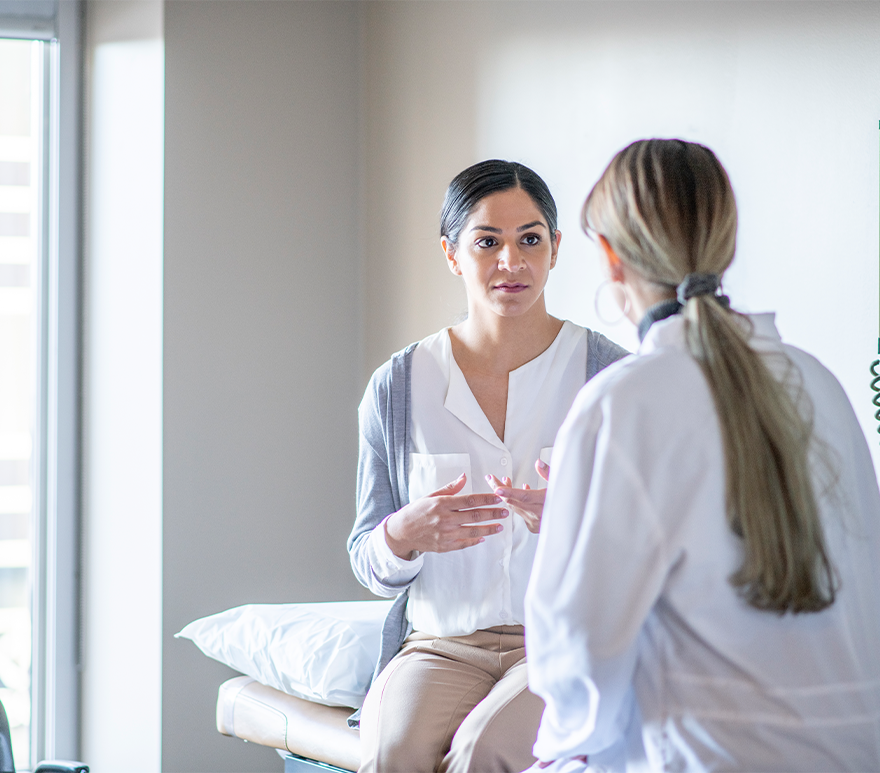Women face a fractured environment when trying to access healthcare. A dearth of services and lack of coordination across the care continuum has resulted in a gender gap where women experience worse health outcomes than men.
However, innovators are working to break the status quo and improve care delivery for women. In this podcast, Oliver Wyman’s Minoo Javanmardian talks with Leah Sparks, CEO and Founder of Wildflower Health, a company focused on value-based maternity care, and Joanna Strober, CEO and Founder of Midi Health, a virtual care company focused on women going through perimenopause and menopause, about ways to better integrate women’s healthcare into the broader ecosystem and close the gender health gap.
Show highlights:
Joanna Strober: It was that realization — that very few providers are trained in understanding women's health issues other than fertility and maternity that led me to start this company so that we could provide better care to women in their late 30s, 40s, and 50s for all the health issues they're going through.
In most places, getting an insurance-covered visit with an expert in perimenopause or menopause usually takes a minimum of six months. The economics, which everyone listening to this podcast probably knows, don't urge hospital systems to hire a lot more providers to do this. So instead, it's fine for them to have a six to nine-month waiting list for this type of care.
Leah Sparks: I think it's really important for all of us as healthcare innovators and thought leaders to think about the fact that the healthcare system as it operates today feels like a point solution to a lot of people. It's very transactional — I have something go wrong, I go to my PCP or urgent care. I go to my cervical cancer screening every three years. It doesn't feel holistic. It feels like a bunch of point solutions.
The real opportunity for innovators, like I think Joanna and I are both describing, is to not necessarily be perceived as a point solution, but as something that is really helping the existing system to go beyond being transactional and meeting broader needs of, in this case, women. And I think that's a really important distinction that we as an industry need to acknowledge.


